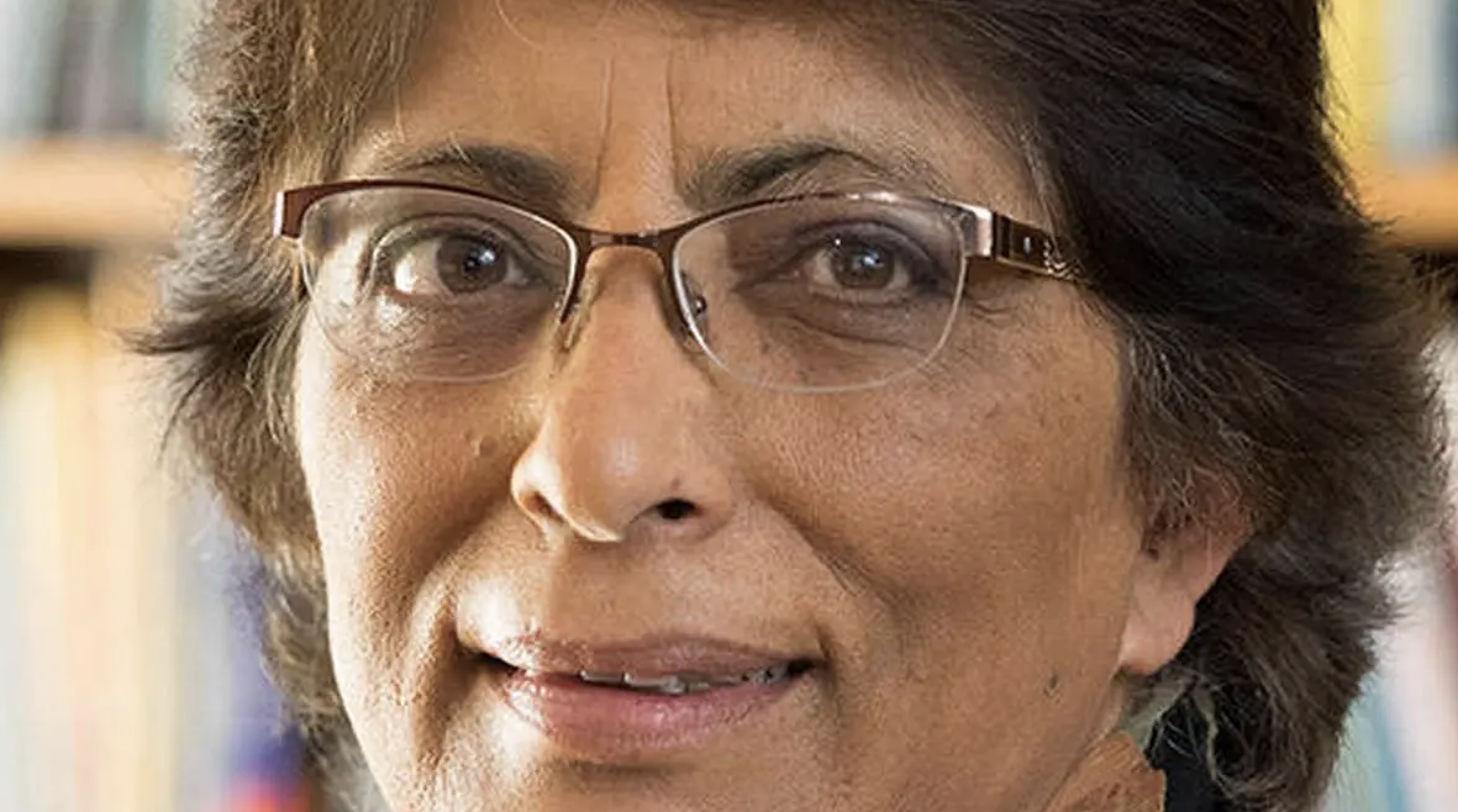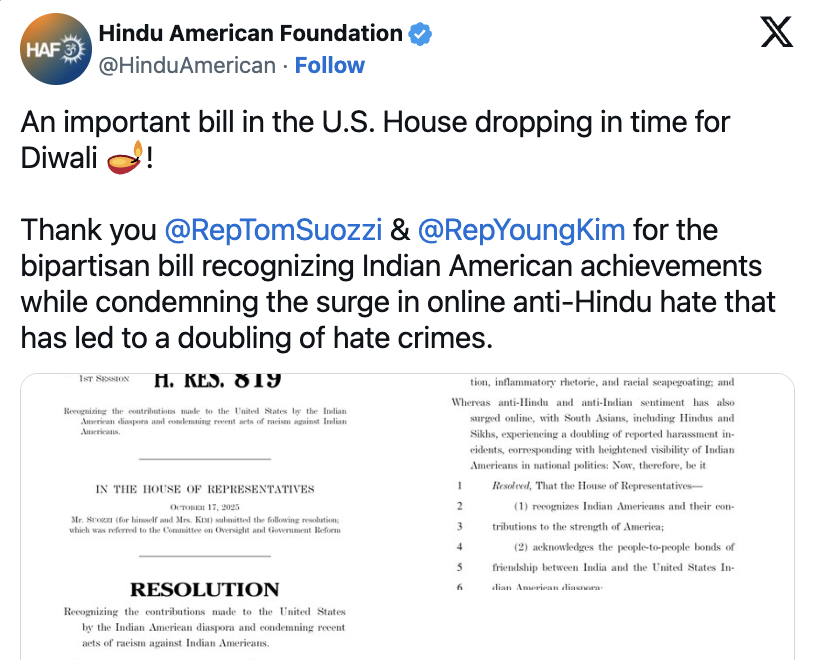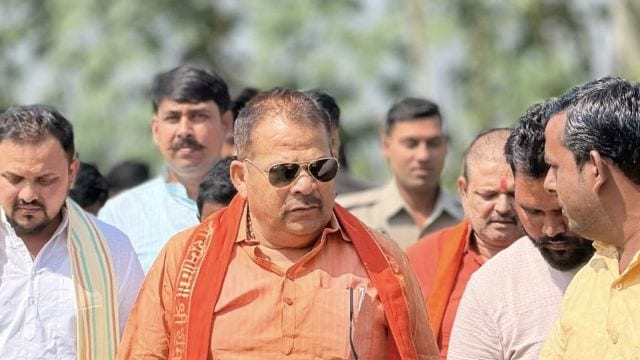
I am often irked by the term “Western science”. This phrase not only overlooks the global and collaborative nature of science but also carries more profound implications. As a science writer highlighting the contributions of marginalised voices in Indian science, I believe that the term “Western science” overlooks scientific contributions made by non-Western scientists. Seeing all endeavours based on empiricism as “Western” and hence colonial neglects significant movements within our own country that have sought to loosen the hold of superstitions and irrational beliefs, however sporadic these efforts may have been.
Instead, we should call it what it is: modern science. This shift is more than just a linguistic change; it represents an effort to recognise the scientific contributions made by Indians.
This Indian science that I seek to defend is not the same as Vedic science. Nor does it include Ayurvedic recipes of pseudoscientific herbal decoctions that the Central and some State governments promoted during the recent pandemic. My embrace of Indian science has nothing to do with the surge of misleading narratives spread by Hindutva forces claiming that “we have always been scientific”.
Hindutva co-opting modern science
In this context, studying Meera Nanda’s writing has been enlightening. The science philosopher and historian of science is a controversial figure, thanks to her bold dismissal of Hindutva co-opting modern science and of postcolonial theories that question the possibility of objective knowledge. Nanda began her career as a microbiologist at IIT Delhi, later transitioning into a science writer and activist who fought for rational inquiry. Now a retired academic, she spent many years teaching the history of science to STEM (science, technology, engineering, and mathematics) students in India. She has written on many occasions that her proximity to the scientific method liberated her from oppressive social realities as an Indian woman. When I met her while working on a book about gender gaps in Indian science, she left a lasting impression on me, and since then, I have been diving deep into Nanda’s commentary.
This story was originally published in frontline.thehindu.com. Read the full story here.






